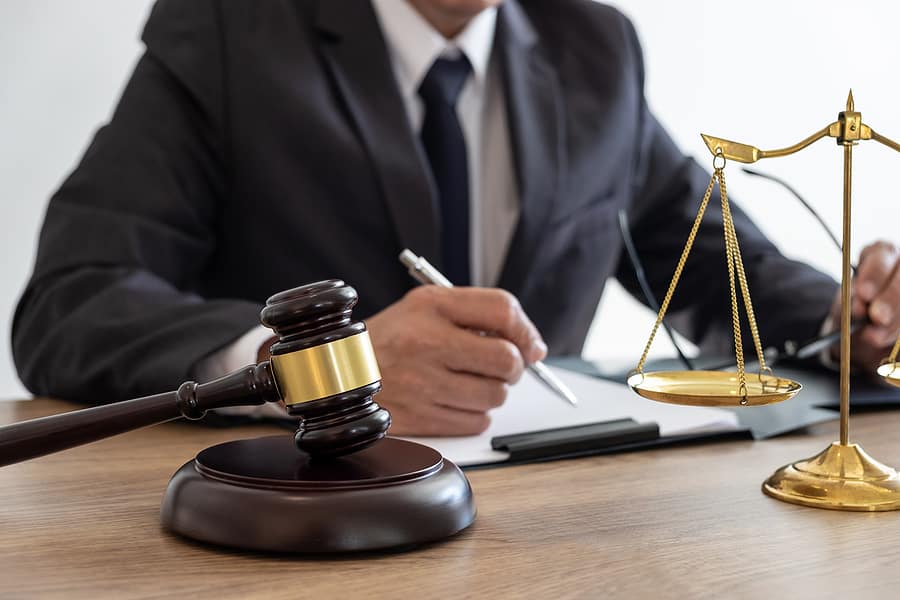Remarks as Prepared
Good morning and thank you for having me. It is a pleasure to be here with you all, in person, and not just inside a screen.
As a former federal prosecutor and chief official at the New York State Attorney General’s Office, I understand the crucial role that both federal and state and territory law enforcement agencies can play. And I also believe it is powerfully important for federal and state law enforcement to work together, in coordination, on civil rights issues. That is why I am especially glad to be able to speak with you today.
The mass protests following the death of George Floyd shined a bright light on racial justice issues that have long been simmering in our country. Although the tragic death of George Floyd, along with the deaths of Breonna Taylor, Ahmaud Arbery and others, were a flashpoint for this country last year, these are not isolated events.
The reality is, we are living in a time of unprecedented challenges to civil rights. In the criminal justice sphere, bias-motivated crimes are on the rise. According to FBI statistics, there has been a rise in hate crimes committed against Black Americans, already the group most often targeted, and a 70% rise in anti-Asian violence.
We are also facing many obstacles to justice on the civil side of civil rights law. For example, it is well known that obstacles to the fundamental right to vote – particularly for Black and brown people – are emerging across the country, leading to lawsuits like the one filed by the Department of Justice against the state of Texas just this week. We are also living in a time of persisting housing segregation and the financial inequality it brings: today, the median wealth of a Black family is $24,100, while the median wealth of a white family is $188,200 – about seven and a half times more. And behind these statistics and data points, are real people – people who are suffering as a result of generations of injustice, discrimination and lack of access to opportunity.
While these facts and figures are grim, they are also a call to action to federal and state law enforcement agencies, alike. They are why we are standing in this room. We are living in a time of unprecedented challenges to fundamental civil rights, but also of unprecedented opportunity for attorneys general to work together to make a difference.
For example, the death of George Floyd and the protests that followed brought a renewed focus on the U.S. Department of Justice’s investigations into allegations of systemic misconduct by law enforcement, or “pattern or practice” investigations. At the same time, many states enacted new laws giving state Attorneys General new or enhanced authority to investigate systemic “patterns or practices” of misconduct by law enforcement agencies.
We know from our experience with these matters at the federal level that “pattern or practice” investigations make a tremendous difference. All communities are safer when policing is lawful, effective, transparent and free from discrimination. All communities are safer when people trust that the justice system is constitutionally sound.
These systemic pattern-or-practice cases provide just one example of the many areas in which federal-state collaboration on civil rights enforcement is needed and possible. I know we have much to discuss in today’s session, and look forward to getting into these issues more with you now. And look forward to the conversation with our wonderful moderators.

